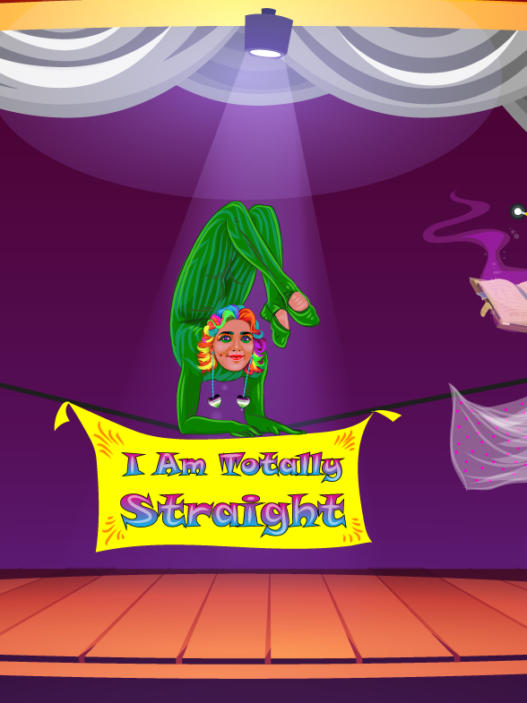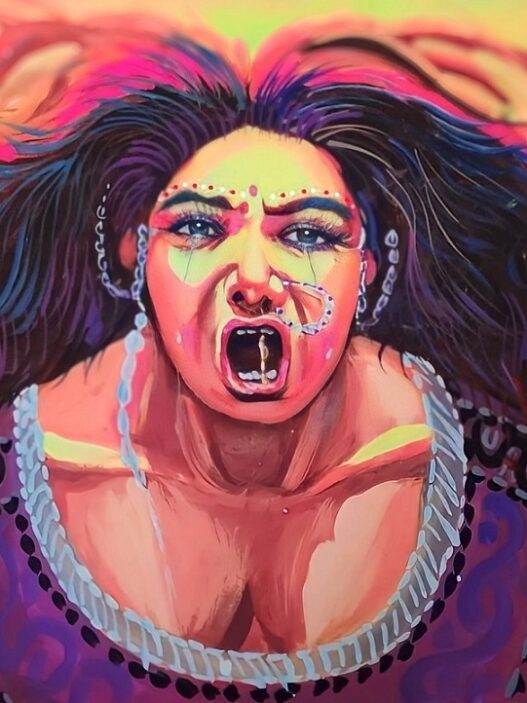Name: Shreya (Motherhood beyond Norms)
Age: 38
Country: Bangladesh
Shreya stepped out of the crowded government office, her mind a whirl of frustration and disbelief. The deputy director’s words replayed in her head like a taunting echo: “The father’s name is everything.” The relentless Dhaka heat wrapped around her, yet a cold heaviness pressed against her chest. The streets bustled with the usual chaos—street vendors shouted, rickshaws jostled, children laughed—but it all blurred into a distant hum.
She had gone to ChotoMoni Nibas, a haven for abandoned and orphaned children, to inquire about adoption. A bright-eyed little girl there had held Shreya’s hand tightly, as if sensing a quiet warmth in her. But the answers from the staff were clear, albeit disheartening. If Shreya were a foreign citizen, there might have been ways to maneuver around the patriarchal norms, they’d explained. But here, in her homeland, the barriers stood firm.
“We cannot risk a child growing up fatherless in this society,” they said. “Even if the law permits, the stigma will destroy their future.”
Shreya’s argument—that love and care should matter more than societal perceptions—was dismissed with an air of finality. “The father’s name defines identity here. It’s the way of our society, and we cannot change that.”
Exhausted and disheartened, Shreya ducked into a small roadside café. She ignored the vibrating phone in her bag—it was her aunt again, no doubt ready with another lecture about “settling down.” She could already hear her aunt’s voice in her head: “What will people say? A single woman adopting? Have you no shame?”
Shreya ordered a cup of tea and opened her notebook, her pen scratching furiously against the paper.
Why must identity always hinge on a man? Why is my care and love insufficient for a child?
Her words spilled out, raw and unfiltered. She wrote about the adoption barriers, about the archaic need for a father’s name, and about her own struggles as an asexual woman in a society obsessed with marriage.
That night, as she curled up on her bed, she called Teresa. Her long-distance partner’s voice brought a moment of calm.
“We’ll figure this out together,” Teresa said, her voice steady despite the distance between them. “Shreya, you are braver than you realize. This fight isn’t just yours—it’s for every woman who dares to live authentically.”
Shreya felt a lump rise in her throat. Teresa always had a way of cutting through the noise, of reminding her that she wasn’t alone.
The next few weeks became a whirlwind of action. Shreya reached out to lawyers, women’s rights activists, and LGBTQ+ organizations. She dug through the convoluted laws—Section 3 of the Minority Act, the Guardians and Wards Act, the Family Court Ordinance. Though there was no outright prohibition against single women adopting, the societal barriers made the process nearly impossible.
Shreya began sharing her journey online, writing powerful articles and posts. Her words resonated with many, sparking conversations about adoption, patriarchy, and the rights of single mothers in Bangladesh.
But the backlash at home was relentless. Her aunt’s nagging turned to outright scorn, and her mother’s worried eyes followed her like a shadow.
“You’re destroying your future,” her aunt declared during one heated argument. “Who will marry you now?”
Shreya’s voice was calm but resolute. “I’m not interested in marriage. And my future isn’t tied to a husband.”
Her aunt threw up her hands in exasperation, muttering under her breath, but Shreya walked away, her heart pounding with a mix of anger and determination.
One month later, Shreya stood at the front of a seminar on women’s rights, her hands trembling slightly as she adjusted the microphone. The room was packed, and for a moment, she hesitated. But then she remembered the little girl at Choto Moni Nibas, the hope in her bright eyes. She took a deep breath.
“My name is Shreya. I am an asexual woman. I am a daughter. And I want to be a mother.” Her voice grew stronger with every word. “But in a society that sees motherhood as incomplete without a father, women like me are denied the chance to give a child a loving home. This isn’t just about me. It’s about every queer woman who dares to dream differently and every child who deserves love without conditions.”
The room erupted in applause, and for the first time in weeks, Shreya felt a flicker of hope. She caught Teresa’s smile on the screen of her phone, propped up for a live video call. Teresa’s presence, even from miles away, felt like a quiet reminder: You’re not alone.
Shreya knew the road ahead would be long and fraught with challenges. But she was no longer afraid. Her fight wasn’t just about adoption—it was about dismantling a system that denied women and children the freedom to define their own paths.
And she wouldn’t stop until she won.
Shreya’s story highlights her resilience as an asexual woman navigating societal norms and systemic barriers to adoption in conservative Bangladesh, supported by her distant partner Teresa. The narrative showcases how love and courage transcend boundaries, defying institutionalized patriarchy. Please note that all names mentioned in this story are fictional to protect privacy.
















